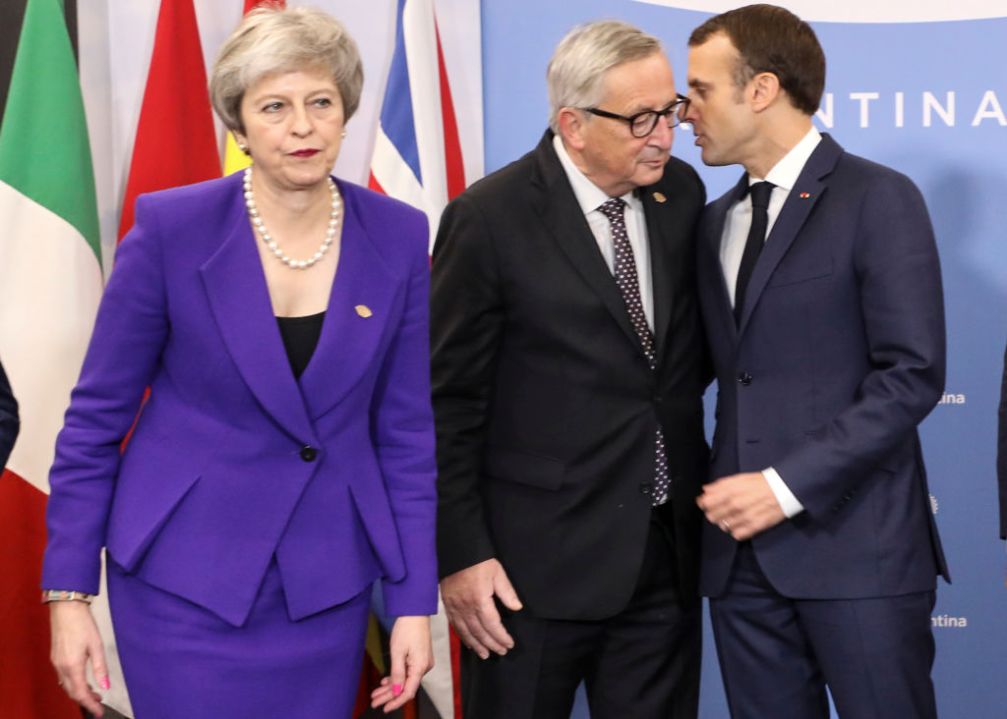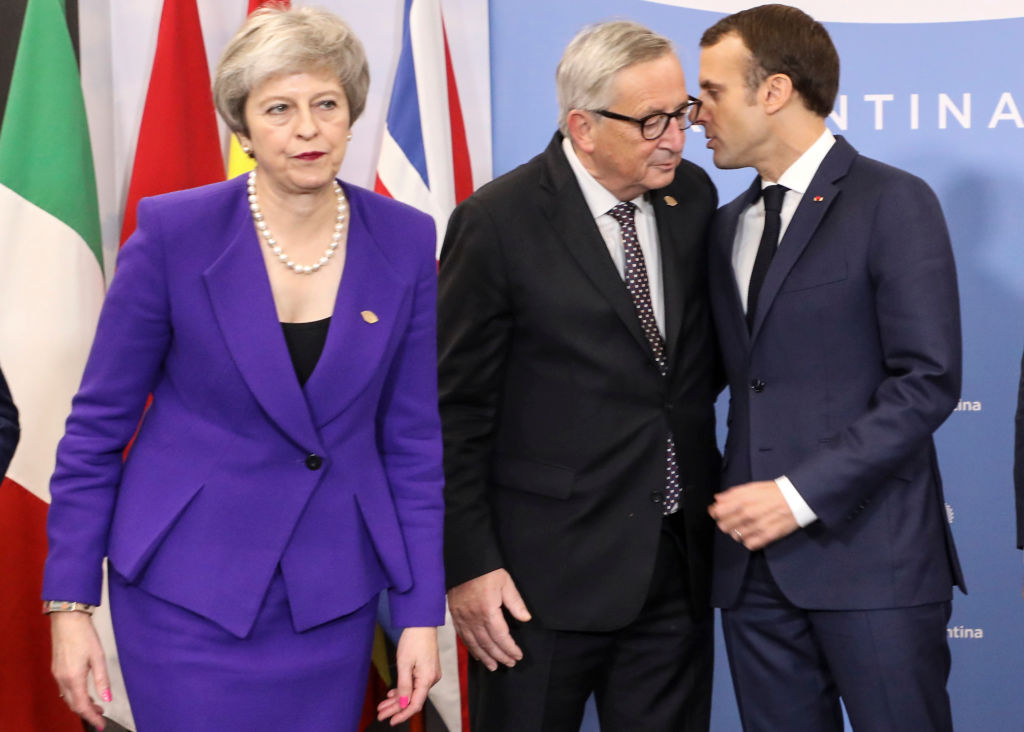The ports will be clogged up with lorries. The shelves at Tesco will be empty. Doctors will be rationing antibiotics, and the army will be called out to deliver food. As we approach the deadline for our departure from the European Union, as the Prime Minister returns empty handed yet again from yet another catastrophic round of negotiations in Brussels, and as the cliff-edge gets closer and closer, the conventional wisdom is that the pressure on Britain to agree to something – anything! – becomes more and more intense.
And yet, as so often in the through-the-looking glass world of Brexit, that conventional wisdom is a bit off target. And not just by a little as it happens, but by 180 degrees. In fact, the closer we get to March 29 next year without securing a deal, the less of a problem it becomes. By the middle of February, it may hardly matter at all. Why? Because British businesses will have made their preparations, and, just as crucially, European ones won’t have. The net result? The pressure on us will evaporate.
In the wake of the latest summit, the chances of a deal seem slimmer than ever. The EU is not willing to compromise on its offer to Britain, and the Irish backstop in particular. There is no majority in Parliament for the deal. The result is an impasse, from which there is little way out. And yet, the calculation in Brussels, as well as in Number Ten, must be that as we get closer to the deadline, the opposition will fade, and we will end up taking it. After all, it is surely better than the cliff-edge, when the whole Mark Carney/CBI disaster scenario kicks into action, and we are all reduced to scavenging the streets for food in post-apocalyptic wasteland, or whatever it is they are warning about this week.
But in fact that is completely wrong. The closer we get without a deal, the less it matters. There are two reasons for that.
First, while it is expensive for business, and a lot of hassle, if we leave without a deal, most of them have already started making plans (and even more will be doing so right now). Leaving the EU does have consequences and costs, whatever the more swivel-eyed Brexiteers may tell you. But those are mostly one-off costs, involving extra admin and paperwork, rerouted supply chains and so on. Once it is done it is done. By February, most of the money will have been spent, and it won’t make much difference whether there is a deal or not.
Second, Europe is far less prepared than we are. There is little sign EU businesses have made many preparations for potentially significant disruption with their largest single trade partner. Most seem to have simply assumed that a deal would be done at the last minute. To take one example, the latest statistics show that Germany’s exports are slowing down sharply, and that is partly why its economy shrank in the most recent quarter, and may well shrink again in the next (meaning it is technically in recession). A shrinking surplus with Britain was one of the main explanations for that fall. With growth slowing sharply across Europe, and more so than in this country, the last thing any European government needs is a fight over trade. It is a fair bet that come April 2nd, with no deal agreed, they will be reaching sector-by-sector arrangements very quickly.
Right now, it looks as if Parliament will still be arguing about this through March. We may have been through a couple more prime ministers and maybe another referenda or two without reaching any kind of agreement. But at that point, it won’t make much difference whether we leave with a deal or not.







Comments